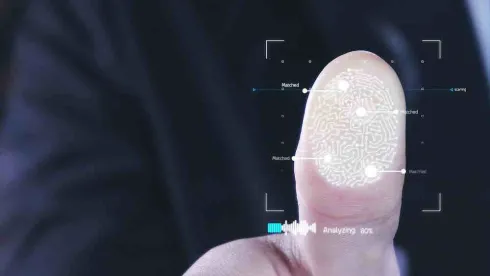On February 2, 2023, the Illinois Supreme Court reversed in part the decision of an Illinois Appellate Court and held that all claims brought pursuant to Section 15 of the Illinois Biometric Information Privacy Act (“BIPA”), 740 ILCS § 14/1, et seq., are subject to a five-year statute of limitations period. Tims v. Black Horse Carriers, Inc., No. 2023 IL 127801.
Background
As we previously reported, in 2019, the trial court considered the applicable statute of limitations period for claims brought under Section 15 of BIPA, as the statute itself does not include an explicit period. The plaintiff argued that Illinois’ five-year catchall limitation period applied to all BIPA claims, while the defendant argued that Illinois’ one-year limitations period for invasion of privacy claims applied. The plaintiff prevailed on the issue, with the trial court holding that all BIPA claims are subject to a five-year statute of limitations period.
The statute of limitations question was then certified for appeal and addressed by an Illinois Appellate Court in 2021. The Appellate Court reversed the trial court in part, holding that: (1) claims under section 15(c), which restricts private parties from selling, leasing, trading, or profiting from biometric data, and (d), which prohibits the disclosure and dissemination of biometric data absent specific prerequisites, were subject to a one-year statute of limitations period, while (2) claims under sections 15(a), (b), and (e) were subject to Illinois’ five-year catchall statute of limitations period. Section 15(a) governs retention schedules and destruction guidelines for biometric data, section 15(b) prohibits the collecting or obtaining of biometric data without written notice and release, and section 15(e) requires parties to take reasonable care in storing, transmitting, and protecting biometric data.
The Appellate Court’s decision was appealed to the Illinois Supreme Court which, in its February 2nd opinion, disagreed with the Appellate Court and held that claims asserted under sections 15(c) and 15(d) should also be subject to a five-year statute of limitations period, bringing all BIPA claims under the same limitations period.
The Court’s ruling was largely based on the principle that a limitations period should “reduce uncertainty,” and that the Appellate Court’s decision was not in accordance with this principle. As the Court explained, “Two limitations periods could confuse future litigants about when claims are time-barred, particularly when the same facts could support causes of action under more than one subsection of Section 15.” Id. at 6. The Court further stated that “statutes should be interpreted with the presumption that the legislature did not intend absurd, inconvenient, or unjust consequences when enacting the statute, [so] we will not apply two different statutes of limitations to the Act.” Id.
Takeaways
The Illinois Supreme Court’s ruling provides a long-awaited answer to the statute of limitations question, as it is now confirmed that plaintiffs have five years to bring all claims under BIPA. As a result, employers have lost a key initial defense to BIPA claims and must be vigilant in complying with BIPA going forward given the length of time employees have to bring claims.





 />i
/>i

